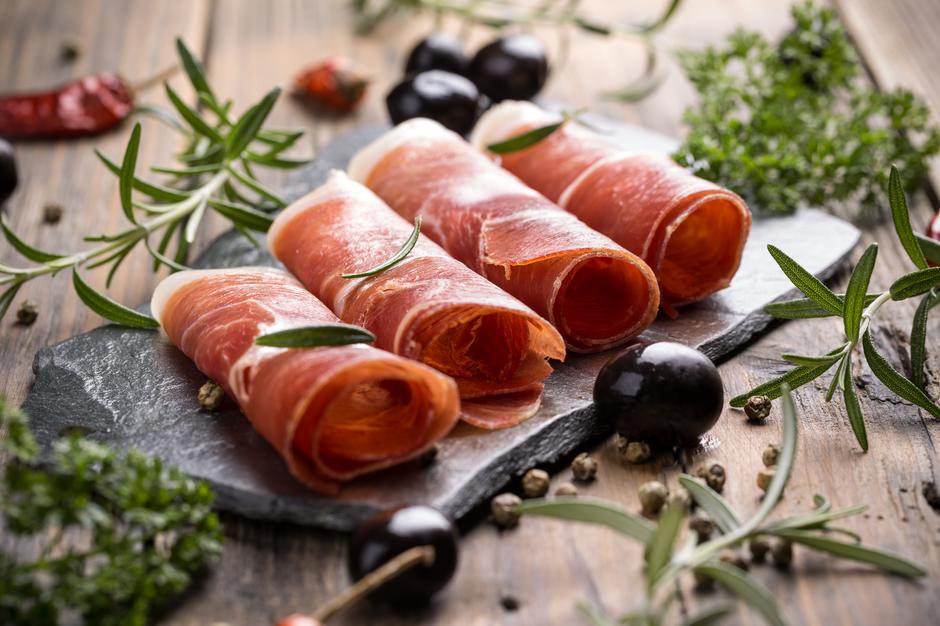
Anyone who hasn't tried this gastronomic specialty cannot be considered a true gourmet. Only true prosciutto lovers can tell you what you are missing out. Find out how this dried piece of meat deserved the role of one of the most original products of Croatian cuisine and thus an unavoidable part of the Croatian gastronomic offer.
What is prosciutto? It's a permanent dried meat product obtained by salting, pressing and drying most often pork, less often beef and mutton. In Croatia, we distinguish between Istrian, Dalmatian, Krk and Drniš prosciutto.
Istrian prosciutto

Istrian prosciutto is produced from specially selected raw meat, obtained from pigs fed by domestic food such as boiled potatoes, pumpkin, fodder beet and clover. Istrian prosciutto has an elegant, elongated shape due to the specific processing of the thigh, from which all fat and skin is removed, leaving the pelvic bone. Sea salt, black pepper, fresh garlic, bay leaf and rosemary are rubbed into the fresh pig leg by hand. Istrian prosciutto is a product without the addition of artificial preservatives, dried in the air for at least 12 months. It's a delicate product, in whose slices are combined aromas of red meat and sweet fat . During drying, the whole thigh is covered with noble mold, which gives it a characteristic taste and smell. The entire process of prosciutto production is strictly controlled by an authorized institution, all according to the production specification, which was created on the basis of a long tradition, known to Istrians since the 16th century.
Uniqueness and difference of Istrian prosciutto from prosciutto in Dalmatia or Krk is that Istrian prosciutto, for start, is prepared without skin and subcutaneous fat, and in their production there is no smoking.
Dalmatian prosciutto
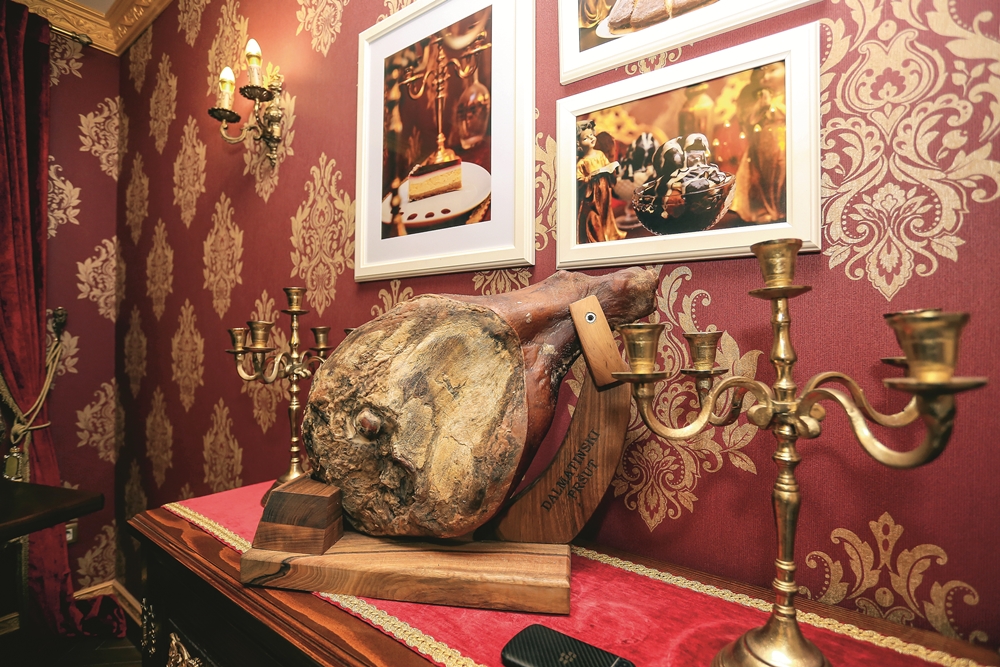
Dalmatian prosciutto is a durable cured meat product, protected by a geographical indication, made of pork leg with bones, salted with sea salt, smoked with a mild combustion and subjected to a process of drying and maturing for at least a year. Uniqueness of Dalmatian prosciutto is manifested in its traditional and natural production process without added preservatives and additives. Dalmatian prosciutto must not contain any additives except sea salt. It is characterized by a distinctive aroma and smell of smoke and a characteristic taste of mild salinity. The area of Dalmatia is exposed to winds most of the year and that is why in this area there have always been natural conditions for optimal ripening and prosciutto drying.
Unlike Istrian, Dalmatian, Drniš and Krk prosciutto are protected by geographical indications. This protects only the place of production of prosciutto, but the place of pig breeding is not specified and the raw maeat is sometimes imported.
Drniš prosciutto

In the Drniš region, they are proud of their gastronomy because it has kept the best of the nature of this area. This region is especially famous for its Drniš prosciutto. Drniš prosciutto stands out with its special quality, which is the result of the micro-climatic specifics of the Drniš area and the well-known sharp bura. In the production process there is not much difference between Dalmatian and Drniš prosciutto, but there is a difference in taste. There is also an interesting fact about Drniš prosciutto, namely it was served at the coronation celebration of the British Queen Elizabeth II in 1952. It is usually said that there is no good prosciutto without bura, which is true because bura has a specific effect on the drying of prosciutto. This northeast wind is crucial in the initial phase of drying, because then the hams have the highest amount of moisture in them, and the bura dries them in a natural, non-aggressive way. But for a good prosciutto, in addition to the bura, it is necessary, which is less known - a warm and humid southeast wind. Namely, in the dry air of the barrel, the prosciutto crust dries and cracks, and the middle remains soft.
Krk prosciutto
The special feature of Krk prosciutto is that it is salted with wild herbs from the island of Krk, it is not smoked and matures in the skin, and of course it is dried on Krčka bura. Process in making prosciutto is a tradition taught by grandfathers, which is actually a combination of prosciutto making in Istria and Dalmatia. While Istrians make prosciutto without skin and do not smoke it, Dalmatians leave skin and smoke it. And Krk prosciutto has a skin, but it isn't smoked, it just dries in the wind.
Have a tasteful holiday!
ZadarVillas team
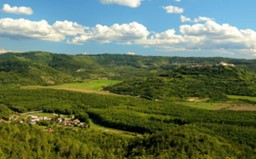
Magical Istrian Truffles: A Gastronomic Adventure in the Heart of...
READ MORE
An oldtimer or a historic vehicle is a motor...
READ MORE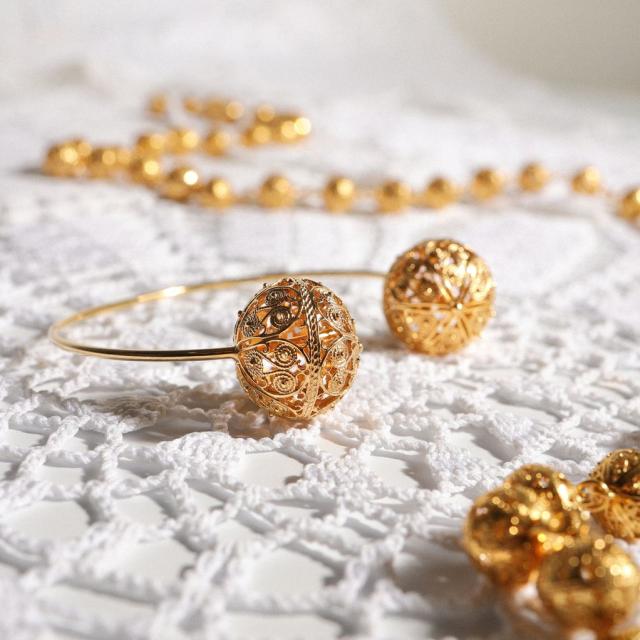
Jewelry. When we hear that word, it immediately...
READ MORE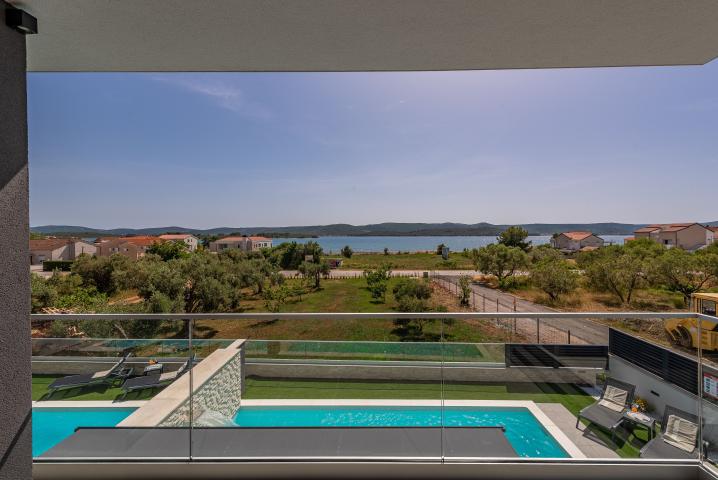
You got together with all your friends, their significant others or...
READ MORE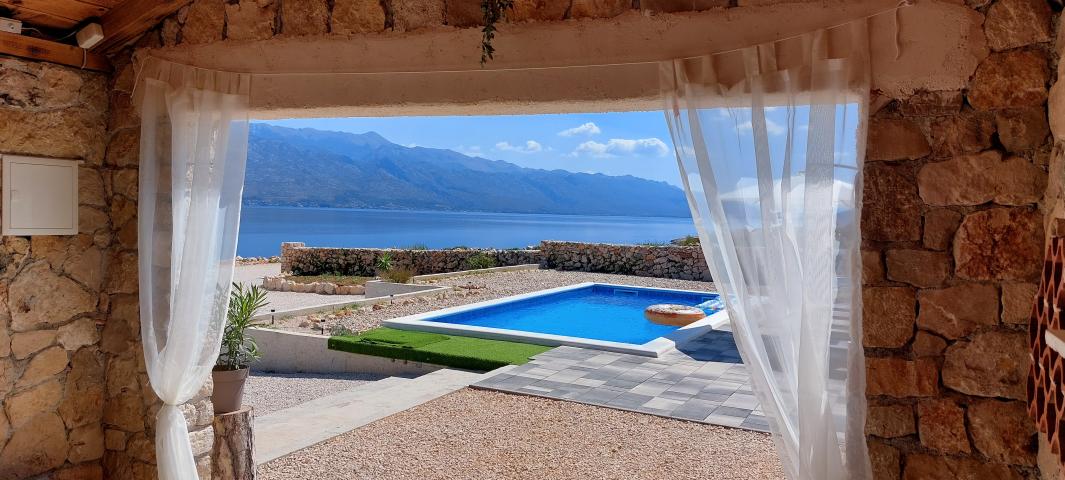
The holidays are over, we are back at work and it is...
READ MORE
Christmas is here! It's finally here! Three more...
READ MORE
Christmas time is already here, the holidays are upon...
READ MORE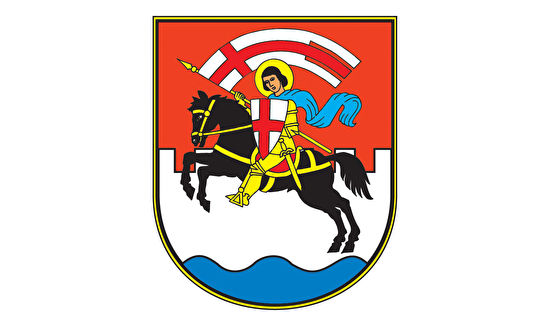
Happy Zadar City Day and St. Chrysogonus! ...
READ MORE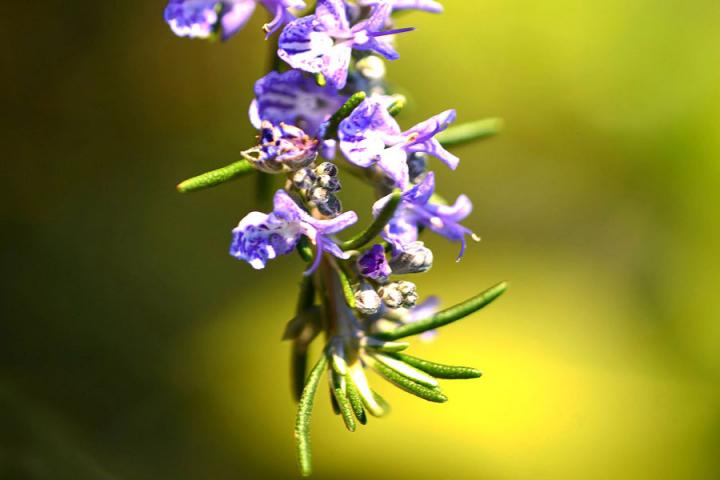
Get to know this wonderful Mediterranean plant, which...
READ MORE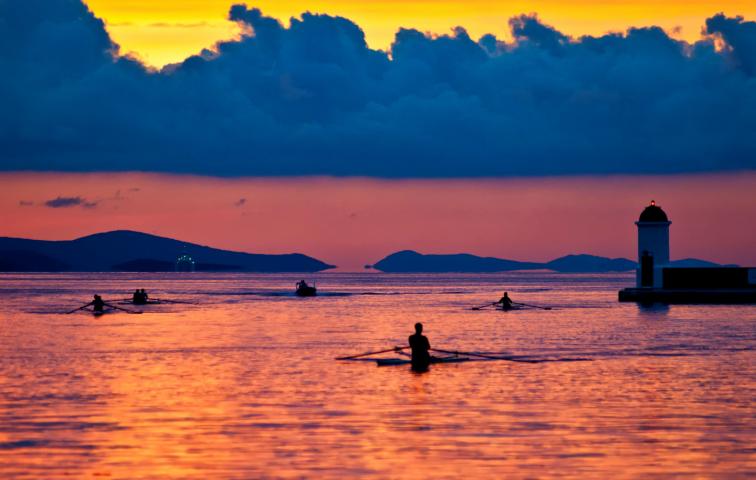
Zadar is known for its sunset around the world thanks...
READ MORE
It's already the middle of July, the beaches are...
READ MORE
This rural stone house will welcome you in a quiet...
READ MORE
We can proudly say that another of our villas received...
READ MORE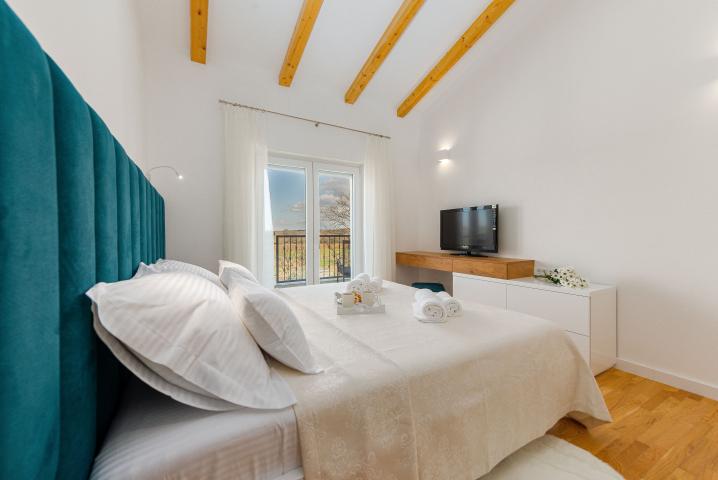
This is an ideal time to plan your holiday, whether it's a...
READ MORE
Trying to find a reason to come to Zadar and...
READ MORE